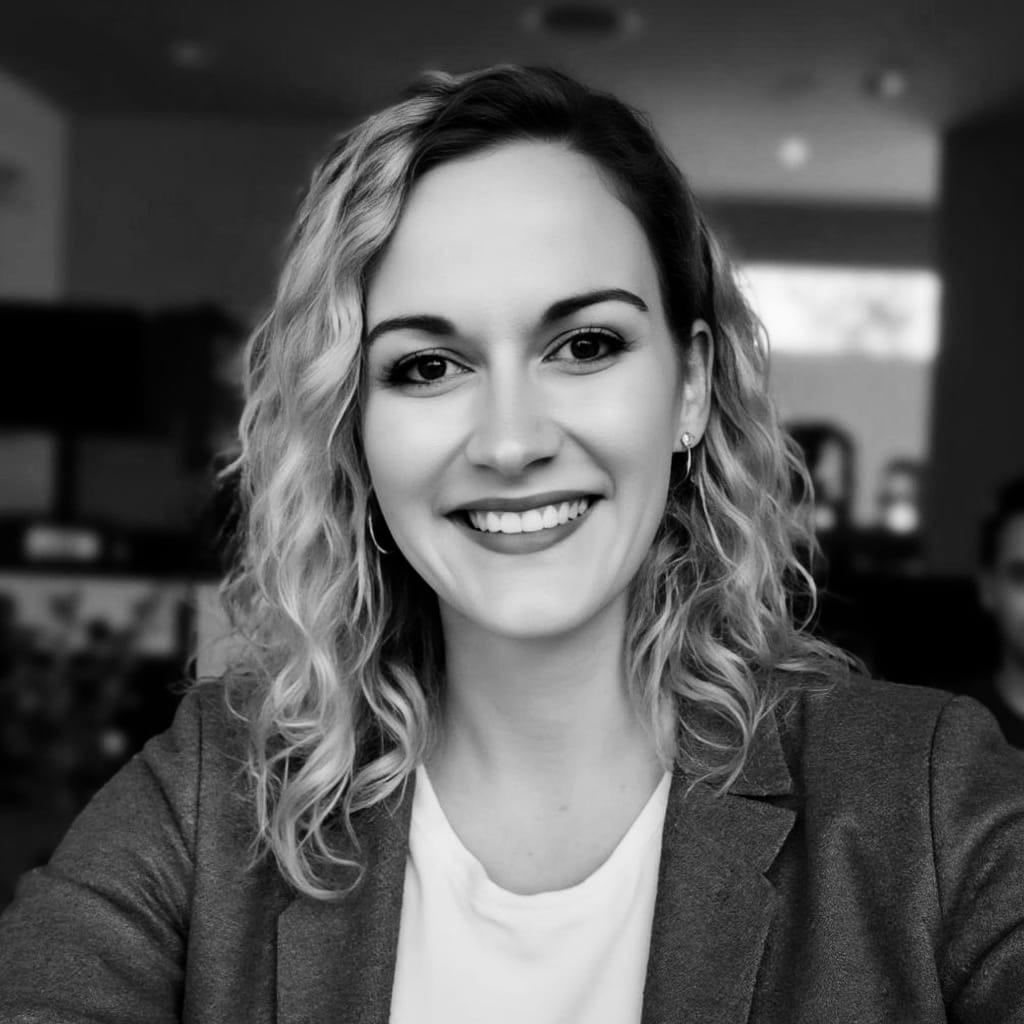The project partners – comprising the scientific leads Prof. Dr. med. Kirsten Müller-Vahl (Medizinische Hochschule Hannover) and Prof. Dr. Heino Stöver (formerly Frankfurt University of Applied Sciences), as well as Sanity Group – disagree with the authority’s legal assessment: “We subjected the legal foundations of the research application to particularly thorough legal scrutiny and additionally secured them with an external legal report. It concluded that the research clause of Pillar 1 of the KCanG indeed provides a legal basis for scientifically designed pilot projects on recreational cannabis,” said Finn Hänsel, founder and CEO of Sanity Group. The report was made available to the authority during the review process.
Telemedicine debate makes legal alternatives more urgent
Sanity Group also views the BLE’s decision critically in light of current health policy developments. Ongoing discussions about stricter regulation of specialized telemedicine platforms in the medical cannabis sector threaten to cut off legal access for many people through the medical market. “We of course consider it the right step to make telemedical services available only to patients with serious health conditions. But if this area is more strictly regulated, there is an urgent need for legal alternatives. Otherwise, consumers who have so far at least obtained quality-assured products through the medical system instead of through illegal channels will be forced back into the illicit market – and thus back to unpredictable health risks,” Hänsel continued.
Such an outcome would run counter to the objectives of the Cannabis Act, which explicitly aims to strengthen health and youth protection while curbing the illicit market. “Pilot projects like those in Hanover and Frankfurt offer the chance to test scientifically sound and sensible solutions precisely for this need. This would create a clear separation between recreational use and medical therapy, provide a comprehensive data basis, and significantly relieve the medical care system.”
Looking to Switzerland underscores potential
The planned pilot projects were intended to scientifically study and evaluate, for the first time in Germany, the legal distribution of recreational cannabis in licensed specialty stores. The goal was to generate data for evidence-based regulation, similar to Switzerland, where comparable pilot projects have been providing valuable insights into consumption behavior, prevention, and illicit-market reduction since 2023.
“Home cultivation and cannabis clubs alone cannot meet demand in Germany; they are simply insufficient as legal sources of supply. Together with our partners, we will therefore continue to advocate that cannabis consumers are not once again left to the illegal market,” Hänsel emphasized. “And international experience proves us right: scientifically monitored pilot projects are the right path to combine health protection and consumer safety with effective illicit-market reduction.”
Health protection and illicit-market reduction: central research questions
In the study planned for Hanover and Frankfurt, registered adult participants were to be granted legal access to cannabis flowers and other THC-containing products at real market prices over a five-year period. The aim of the project was to investigate the effects of regulated cannabis distribution for recreational purposes – for example, on consumer health, youth protection, the illegal market, and organized crime. The project’s results could enable an evidence-based evaluation and provide a foundation for further decisions regarding cannabis legalization legislation.
EKOCAN evaluation results: pioneering insights
On Monday, initial interim results of the accompanying evaluation of KCanG were presented at a federal press conference, carried out by the joint research project “EKOCAN.” A key finding of the report: As of April 2025, production by cannabis cultivation associations covered less than 0.1 percent of total demand in Germany. Another reason, Hänsel argued, to make scientifically monitored pilot projects for specialized retail outlets possible. He views the publication of these interim results as an important opportunity to reinforce the case for pilot projects: “The findings strengthen our call for supplementary, scientifically monitored distribution models. It remains to be seen whether the results will also serve as a basis for adjustments to the KCanG or for the potential approval of pilot projects.”
About Sanity Group
Sanity Group aims to improve people’s quality of life through the use of cannabinoids and the utilization of the endocannabinoid system. The focus is on cannabinoid-based pharmaceuticals and consumer goods. To harness the full potential of cannabis, Sanity Group invests in research of the cannabis plant and its active ingredients as well as in specific areas of application. Sanity Group, founded in Berlin in 2018 by Finn Age Hänsel, includes Vayamed, avaay Medical and ZOIKS (medical cannabis), Endosane Pharmaceuticals (finished pharmaceuticals), vaay (lifestyle) and Grashaus Projects (recreational cannabis Swiss pilot project). Near Frankfurt am Main, Sanity Group also operates a logistics and production facility for cannabis pharmaceuticals. More information at sanitygroup.com/press.
Pressekontakt

Jennifer Plankenbühler
Pressesprecherin | Lead Medical PR
E-Mail: jennifer.plankenbuhler@sanitygroup.com | presse@sanitygroup.com
Phone: +49 (0) 173 37 62 845


